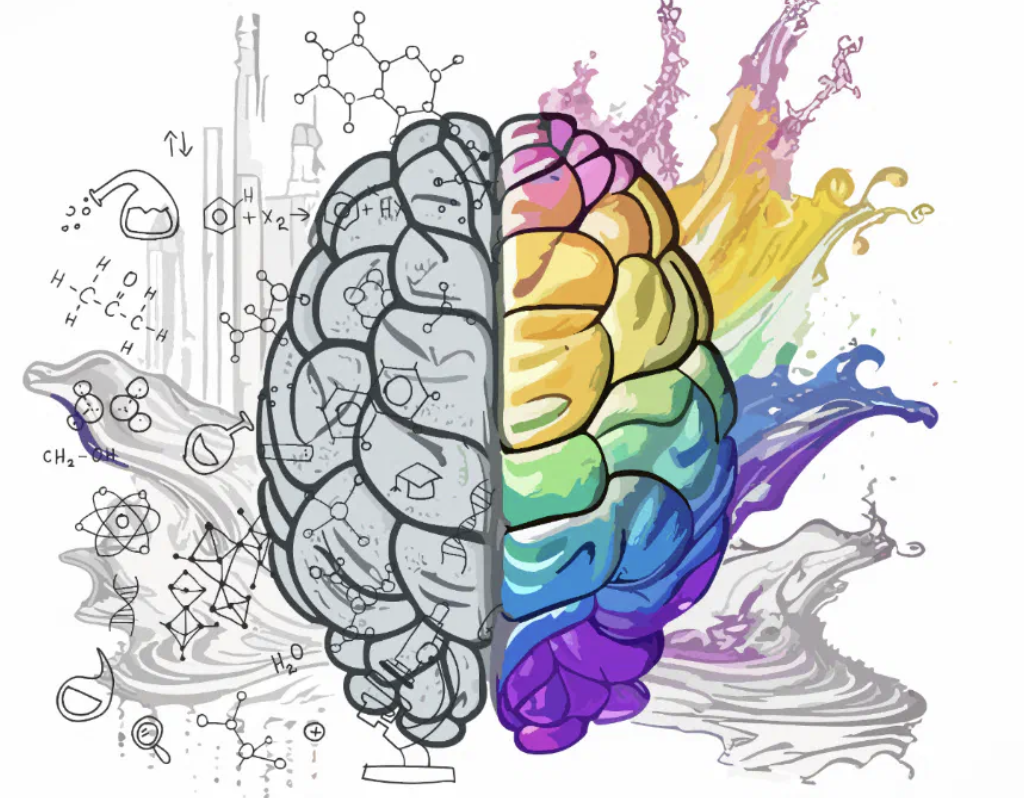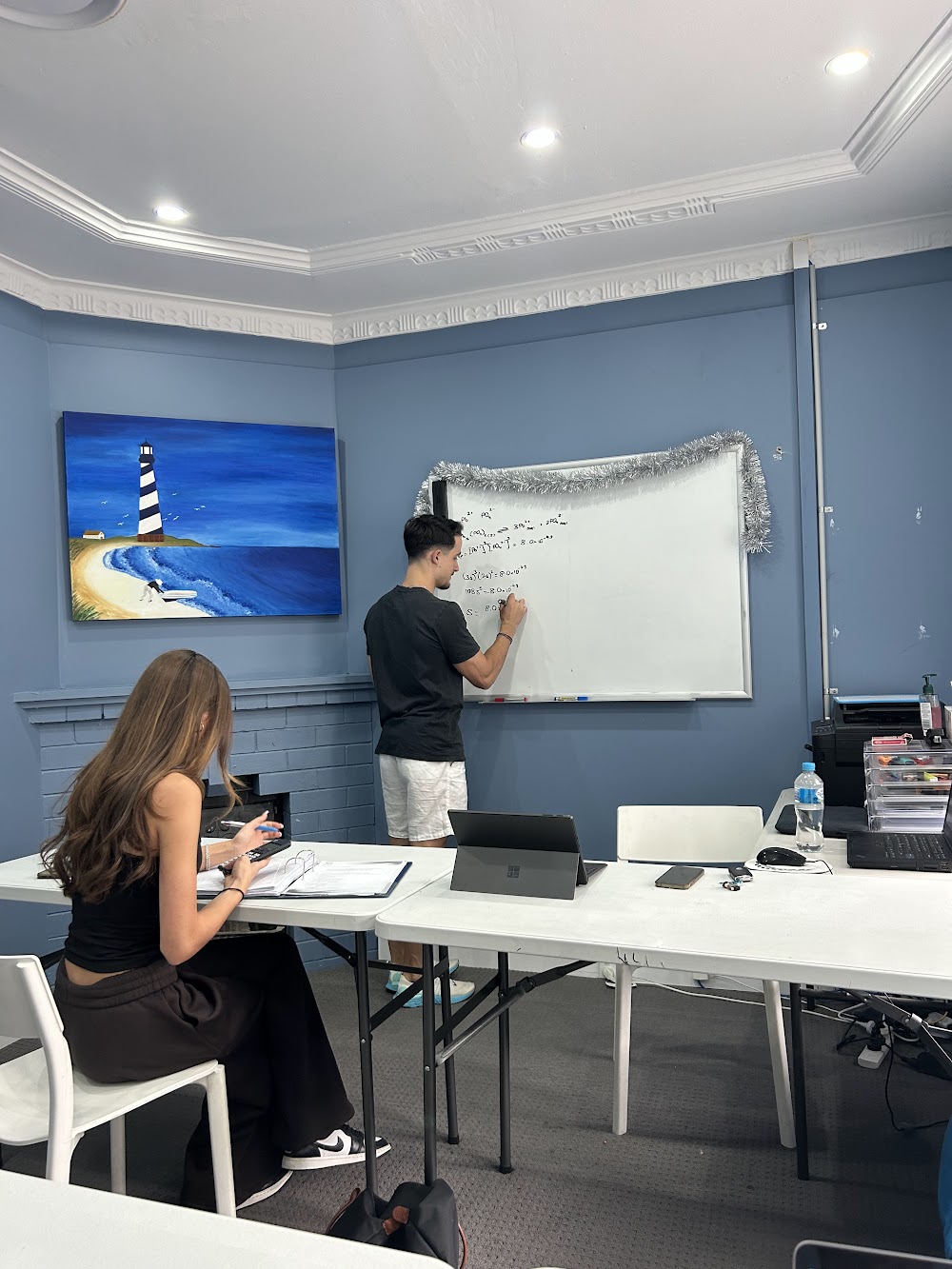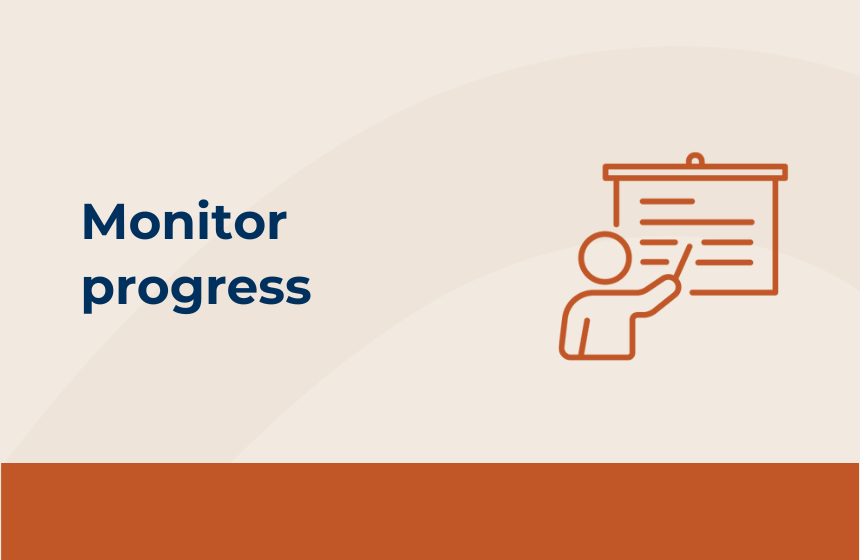
There’s a quiet truth tutors eventually discover, students rarely remember the exact explanation you gave but they will remember a good story.
You can walk them through a formula step by step and still get blank stares. But tell them, “Imagine electrons as kids fighting over the last slice of pizza” and suddenly electronegativity makes perfect sense. Or compare an essay introduction to the opening scene of a movie and they instantly know what tone you mean.
Stories stick. They bring colour to things that feel grey. They give concepts a personality, a setting and a feeling and students connect with feelings far more easily than they connect with abstract information.
The best part? You don’t have to be a brilliant storyteller. Even the simplest analogies can transform a tricky idea into something memorable. Fractions become pizza slices. Chemical reactions becomes two sports teams swapping players mid game, forming new combinations with different strengths. A maths denominator becomes the number of seats on a bus. Suddenly the student isn’t wrestling a confusing diagram, they’re imagining something familiar.
This happens because stories offer anchors. A student might forget a sentence you said but they won’t forget the image it created and once they remember the story, the content quietly follows.
The magic is that storytelling also makes tutoring more human. It turns a session from a mini lecture into a conversation. Students relax, laugh and engage because they’re not just learning but they’re relating.
And years later, when they’ve forgotten half the syllabus after finishing school, they’ll still remember that one weird analogy you used and that’s how you know stories really do make learning live a little longer.
Isabella Naumovski










